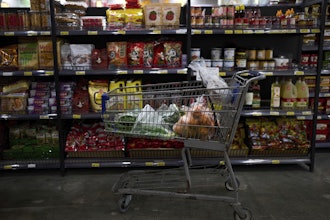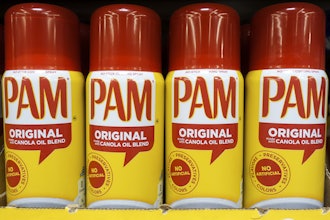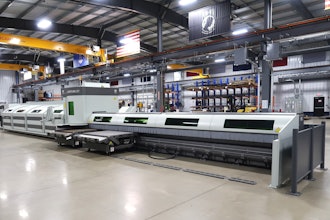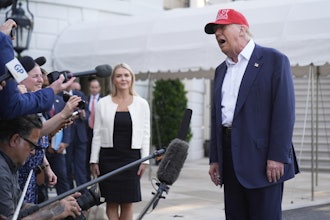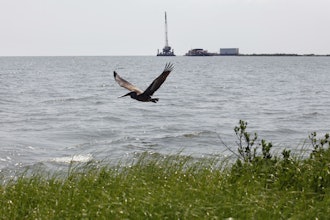SEOUL, South Korea (AP) -- South Korea's trade minister reassured the public Monday that the government would not allow U.S. beef imports from older cattle, in a bid to quell continuing health concerns over an import deal with Washington.
South Korea and the United States struck a new agreement last week that bans imports of meat from cattle 30 months or older -- which are considered more at risk of carrying mad cow disease.
Activists have been demonstrating on the streets of Seoul for weeks to voice their concerns about the possible health risks attached to American beef. The protests prompted the entire Cabinet to offer to resign and a reshuffle of President Lee Myung-bak's top advisers.
On Monday, Trade Minister Kim Jong-hoon told reporters that a system would be established to screen meat to determine its age and that South Korea would return any U.S. beef from cattle older than 30 months.
Seoul had been expected to move in coming days to resume American beef imports, but the ruling party and the government decided Sunday to delay the process after seeking the public's understanding on the issue.
The decision appeared to reflect concerns that the government would be accused of arrogance and suffer a backlash if it was to resume U.S. beef imports without explaining the move fully to the public.
Agriculture Ministry spokesman Yoon Young-koo denied newspaper reports Monday that indicated the government would issue a legal notice on the deal within the week. The notice issuance would be a key final step before imports could resume. Yoon said his ministry had no plans to publish such a notice.
Earlier Monday, Prime Minister Han Seung-soo called for strict quarantine inspections of U.S. beef to be put in place to ease the public's concerns before issuing the notice, according to South Korea's Yonhap news agency.
Han's office said it could not immediately confirm the report.
U.S. beef was banned from South Korea in 2003, after the first case of mad cow disease was discovered in cattle there. South Korea had previously been the third-largest market for American beef.
Eating meat products contaminated with mad cow disease is linked to variant Creutzfeldt-Jakob disease, a rare and fatal human malady. U.S. and South Korean officials insist American beef is safe.










